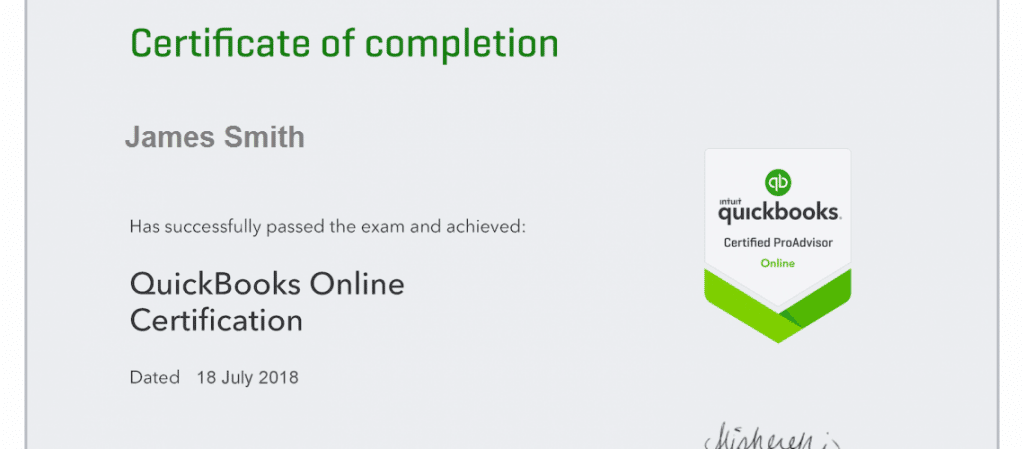What you can do with an English degree isn’t something anyone should worry about, because there’s a lot one could do with a degree in English Language and it is not limited to just studying hefty literature books.
During the study, students go through a wide array of texts and deliberate on them as well as familiarizing themselves with the knowledge of several literary movements, the periods they happened and the critical roles they currently play in society to how they’ve shaped the current study of literature today.
Should you decide to pick English as your course of study at college, you’ll be tutored on the several aspects of developing communication skills, from how to comprehensively write and speak, becoming fluent at presenting a point, to fashioning out outstanding narratives and devouring strata of possible meaning.
But most English students desire to know, ‘What can you do with an English degree?’ the question troubling many young potential graduates as they come towards the end of their degrees. The answer to this question is a bit more interesting than you might have expected, as graduates of these professions can be seen in different sectors ranging from the private sectors to public – as novelists to news presenters, and even actors. The list is quite endless.
It is worthy of consideration that most English Graduates are often found in industries or sectors that have strong communication skills, but notwithstanding, they can fit into many sectors. Some of these sectors include;
What You Can Do with An English Degree
Media and Journalism Careers
This houses multitude of smaller areas, the media sector takes into cognizance everything from film to television, advertising to PR, news blogs to newspapers and much more.
Considering what area catches your fancy, there’s a place you can fix yourself as an English graduate, whether you feel like producing, writing, editing, and reviewing and so on.
Careers in this sector are highly competitive and past experiences help. Except you become highly focused in the industry to develop the necessary experience, having a strong starting salary for careers in media are extremely hard to guarantee.
Furthermore, individuals who aspire to venture into journalism as a profession may profit from the specialized graduate degree in this field.
Publishing Careers with An English Degree
This category constantly gets overshadowed in the media world. However, publishing indeed belongs to a different sector. Recently, the publishing industry has experienced several dismantling, which largely was contributed by the digital revolution.
However, this shows that most traditional publishing and printing companies are growing smaller and finding it hard to survive, while companies that have transitioned to the new ways of the digital world of publishing are thriving pretty well– and this means they have are in demand of graduates with the required skills to help them in this evolution.
Digital publishing engulfs things like electronic journals (electronic) e.g. scientific periodicals, E-books, news sites and electronic magazines. Graduates of English that decides to engage in the publishing field may be engaged with areas like; editing, marketing, administration, production, public relations, sales and much more.
Securing a job in the publishing category would require you to possess an innate passion for books, a moderate level of computer literacy and a firm and diverse knowledge of happenings within the industry.
It would serve one better to have gained some experience in the industry, as not to fall victim to the lack of experience and be exploited because of inexperience– as many publishers just try (sometimes avoids) to pay minimum wage for work experience placements.
Teaching and Academic Careers with An English Degree
What can you do with an English degree has one of the easiest findings in Academia and teaching, which often requires one to have additional qualifications and/or experience.
Having a degree in English literature degree is a fantastic way to build the academic knowledge and communication skills required.
When teaching at a high school level, one would usually be required to have a professional teaching qualification and possess some experience working with children and/or young adults.
As for the College lecturing, it is required that the individual have a minimum of a master’s degree with the condition that you’ll secure a PhD in a short while, as a lot of colleges combine research and teaching roles together.
Careers in academia can also merge with that of the media. A classical instance; college tutors most often submit term papers to journals, contribute to or even author entire books, and give their comments on recent issues in the media.
Advertising, Marketing and PR Careers
Careers in marketing, advertising and public relations are getting increasingly popular and high in demand by English graduates. Fragments of marketing, advertising and PR are present within many different sectors and elements of these can be found in almost every business.
This mostly involves the high-level display of creativity and almost perfect communication skills, roles that are all in demand, all in an attempt to keep the focus on generating profits and furthering the business or brand territory.
This type of revenue-based work is most often associated with higher starting salaries in comparison to other purely artistic and creative media roles.
As technology becomes a part and parcel of marketing, advertising and PR, it is now more than ever very important for students to be technology enthusiasts.
Not limited to the industries listed above, there are several other roles that English graduates that ask ‘what can you do with an English career’ can easily fall into without much difficulty.
Careers in the Public Sector
The public sector is one field that can be said to be nondiscriminatory to the field of one’s study and graduates that ask what can you do with an English degree should find solace here.
This sector is popular for hiring a large pool of Administrators, health service workers, civil service workers, government workers, security personnel and much more, almost yearly.
Graduates with English degrees are likely to be well equipped for public sector roles in countries that speak English, with the ability to research and analyze written information completely, and already innate know-how on how to contextualize issues based on historical, political, cultural and social contexts.
To work in the public sector, a high sense of organization is required, outstanding leadership skills and the ability to effectively make decisions.
As a sidebar, it is a must say that the individual should also be able to think outside the norms to solve problems differently.
Careers in Law
Studying English at the university would likely equip one to develop many skills required for a career in law and the legal sector. Most at times, graduate-level degrees would be needed for many legal roles like a barrister or solicitor. Considering this restriction, then what can you do with an English degree would prompt you to look at the other careers available in law with just an undergraduate-level degree.
These are much within the administrative, organizational and research-based roles, at the local and national courts, as well as government agencies and independent legal firms. A paralegal or legal secretary mostly require the individual to possess just an undergraduate degree.
Careers in Business, Accounting and Finance
If you happen to fall amongst the individuals that feel like they don’t possess the math gene, then maybe a business career might not be for you. But if you think you possess the ability to manipulate numbers with precise dexterity, then the question of what can you do with an English degree should concern you again, because you could consider applying those skills within the business world.
Of course, you’ll have to prove that you have the math gene and may need to pass a numeracy test conducted as part of the job assessment process.
Conclusion
Other careers that are very common with English graduates include Digital copywriter, Editorial assistant, Foreign (English) language teacher, Lexicographer, Private tutor, proofreader, Web content manager, Writer, Academic librarian, Advertising copywriter, Archivist, Arts administrator, Education consultant, Information officer, Learning mentor, Media researcher, Records manager, librarianship, bookselling, information researcher, tourism, events management, social work, youth work, probation work, human resources, retail management and sales and much more.
One thing you should know is as an English graduate, you don’t ever have to worry about the question of what can you do with an English degree as there are numerous of them.
Frequently Asked Questions
Demonstrable interest in the field (e.g. volunteering experience in a government agency); awareness of current affairs; work experience requiring strong organizational skills; a formal structured work placement (either over the summer or a year working in industry).
To lecture one doesn’t necessarily need to, but it gives you an edge over others.
Intern or undergo a placement at a publishing house; self-published blog; creative portfolio; that would do the trick to work experience you need.
Internships and/or placements; a media blog; an active presence on social media; personal portfolio of work (e.g. a compilation of reviews, scripts, photography, film projects etc.); proven interest in current media landscape (in film, television, journalism, digital media etc.).
References
- thebalancecareers.com/top-jobs-for-english-majors/
- frontlist.in/5-challenges-faced-by-publishing-industry/
- lawcareers.net/Starting-Out/Beginners-Guide-Career-Law
- prospects.ac.uk/jobs-and-work-experience/job-sectors/marketing-advertising-and-pr/5-tips-for-starting-a-career-in-pr





